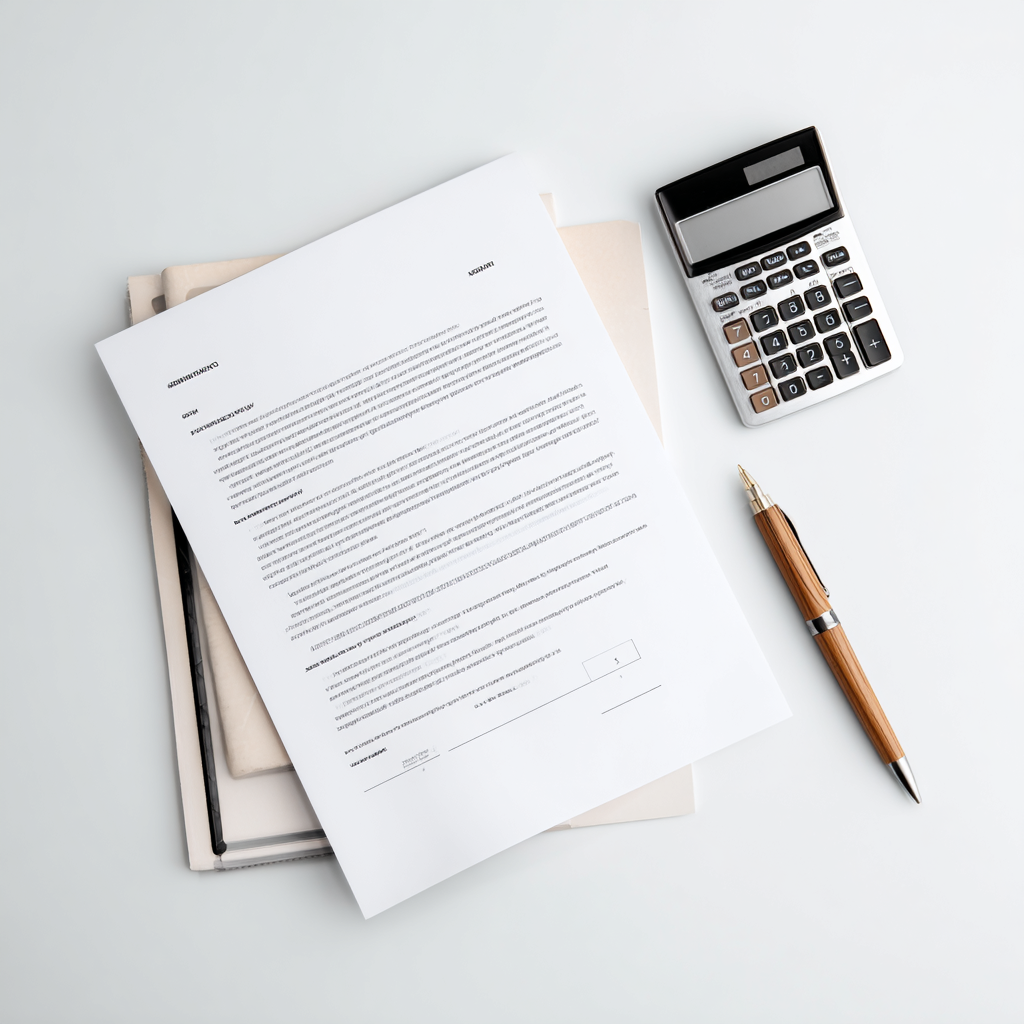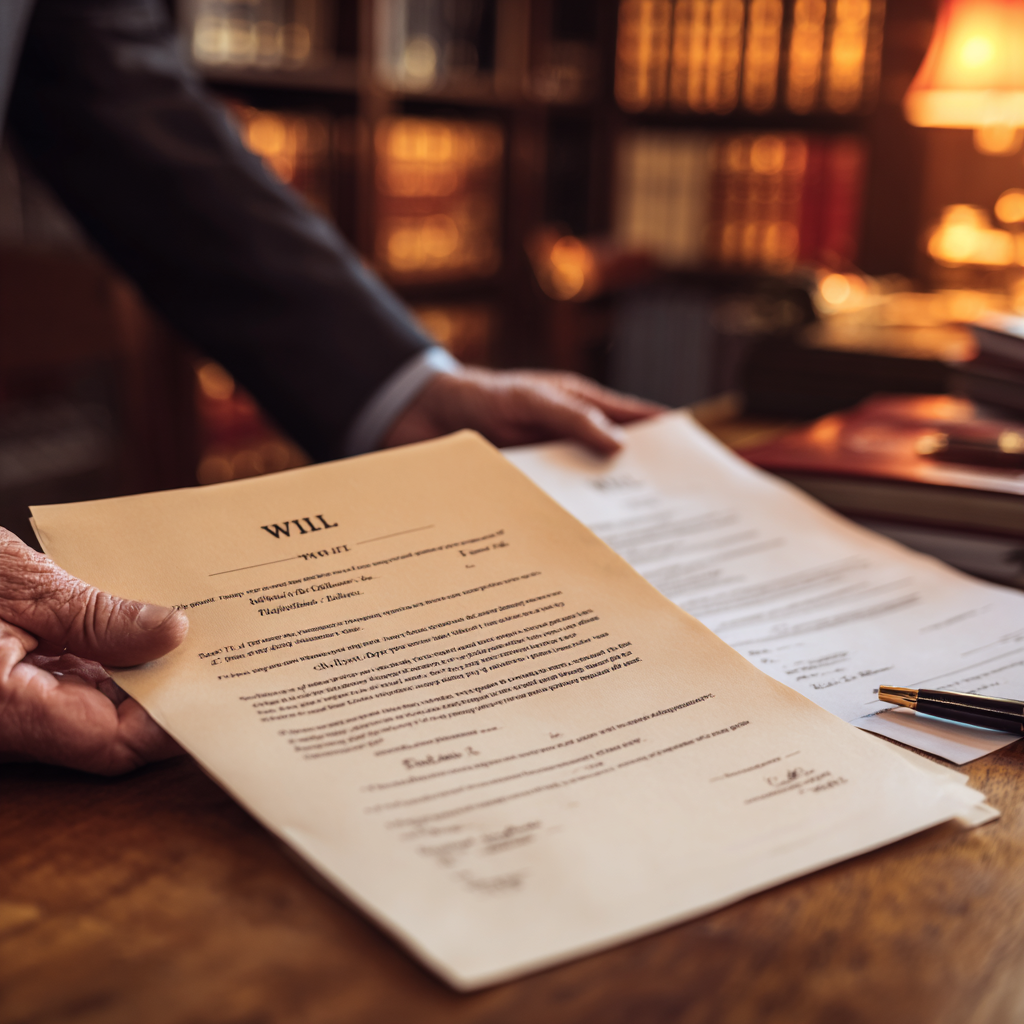When legal documents need to be notarized, knowing what to expect during a mobile notary’s visit can make all the difference between a smooth experience and a stressful one. This is especially true when dealing with high-stakes paperwork that requires precision, legal validity, and absolute clarity.
From signing a power of attorney to finalizing a will or completing a real estate transaction, these moments often come with their own pressures and timelines. In recent years, mobile notary services have grown in popularity as a more accessible and client-friendly solution. Instead of navigating traffic or waiting in lines at an office, for example, you can pretty much have a certified professional meet you at home, at work, or even in a hospital room.
People are turning to mobile notary services not only for convenience but also for the peace of mind that comes from knowing a trained professional is guiding them through the process.
But how exactly does the process unfold? What really happens once you’ve scheduled that appointment? This article guides you through each stage, from scheduling to completion, and prepares you for everything that happens when a notary comes to your door!
Understanding the role of a mobile notary
Before diving into what to expect during a mobile notary’s visit, it’s crucial to understand what a mobile notary does. A mobile notary, or notary public, is an official appointed by the state to serve as an impartial witness in the signing of important documents.
Unlike traditional notaries who work in fixed locations, mobile notaries travel to meet clients wherever needed, such as homes, offices, hospitals, or coffee shops. Their primary responsibility is to verify the identity of the signers and ensure that all parties are signing willingly and without coercion.

This added mobility doesn’t change the legal standards of their service. A mobile notary must still follow state laws, verify government-issued IDs, and ensure that every signature is placed correctly. Additionally, mobile notaries often specialize in complex documents such as mortgage closings, wills, and structured settlements. This versatility allows clients to handle sensitive paperwork without disrupting their routines.
Read also: How to become a notary in 7 steps
Scheduling and preparing for the mobile notary’s visit
Of course, the first step is always scheduling. Most mobile notary services operate with flexible hours, including evenings and weekends – once you’ve called or texted to request a visit, you’ll choose the time and location that works best for you.
In preparation for the visit, you should gather all necessary documents and ensure they are filled out, but not signed, before the notary arrives. Signing must occur in the notary’s presence. You’ll also need to have a valid, unexpired government-issued ID ready for verification. Acceptable IDs often include driver licenses, passports, or state identification cards. If witnesses are required, confirm whether you need to provide them or if the notary can arrange for one.
It’s also important to have a quiet, well-lit space available to complete the signing process without distractions. This might seem minor, but it ensures efficiency and prevents errors. Being prepared not only saves time but also enhances the overall experience.
What happens during the appointment
When the mobile notary arrives, they will first confirm the identity of each signer using their ID. This step is fundamental to the notarization process. The notary will ask basic questions to confirm that the signers understand the document and are not under any duress. Once verified, the signing begins.

During the appointment, the notary watches each signer as they sign the document. This supervision is essential to prevent fraud. After all signatures are complete, the notary fills out the notarial certificate, applies their official stamp or seal, and records the event in their journal. This log includes the type of document, the date, and information about the signers.
If the document requires multiple notarizations, the process is repeated for each section. For documents like loan packages, the process may take longer due to the number of forms involved. Still, an experienced notary ensures each step is clear and efficient.
Services beyond the signature…
Another aspect of what to expect during a mobile notary’s visit involves post-signing services. Many mobile notaries offer additional tasks such as scanning documents, providing digital copies, or handling delivery through FedEx or UPS. These extra steps help ensure that documents reach their destination securely and quickly, often with tracking and receipt confirmation included.
Mobile notaries are also familiar with various document formats. They can print legal or letter-sized documents on demand and ensure everything is properly prepared before leaving the site. This adaptability is particularly useful during real estate closings and legal proceedings where small details can affect the validity of a transaction.
Furthermore, some visits may include notarizing multiple documents or assisting with forms in different languages, provided the notary understands them. While not authorized to provide legal advice, a seasoned notary can still answer general questions about the process and help clarify instructions on the paperwork.

Common pitfalls and how to avoid them
Knowing what to expect during a mobile notary’s visit includes being aware of potential challenges. A common issue is incomplete documentation; always review the forms beforehand to ensure nothing is missing. While the notary cannot advise on how to fill out the form, they can let you know if a signature or date is missing.
Another pitfall is presenting expired or invalid identification. The law is strict about using current and government-issued ID. If there’s any doubt about your ID’s validity, resolve it before the visit to avoid cancellations or delays.
Clients sometimes forget that all signers must be present. For documents requiring multiple parties, make sure everyone is available at the scheduled time. If even one signer is absent, the process cannot proceed.
Finally, not understanding the contents of the document is a major red flag. If you’re unsure about any terms, consult an attorney before the appointment. The notary’s job is to witness the signing above all, not to explain the contents.
Making the most of your experience with Mobile Notary Orlando
Remember that a mobile notary’s visit is more than just a convenience – it’s a tailored service all the way through. From the moment you schedule the appointment to the final signature and seal, the experience is designed to accommodate your schedule, your location, and your peace of mind.
Being punctual, prepared, and informed makes the process seamless. If you’re calm and organized, your notary visit can be completed in under 30 minutes in most cases. Whether you’re closing a mortgage, granting power of attorney, or finalizing a will, the mobile notary brings both professionalism and flexibility right to your door.

Fortunately, for those here in Central Florida, our notaries are committed to making the process simple, secure, and swift. With certified signing agents ready to meet you at your preferred location, we offer a personalized and efficient alternative to traditional notary offices!
Get in touch with our team at Mobile Notary Orlando to schedule your visit and experience how seamless notarizing documents can be.






